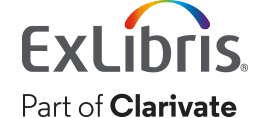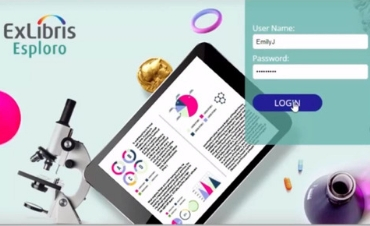The Challenge
Drexel University has long dealt with the question of how to manage its research assets more effectively. As the University’s institutional repository was not designed to store and manage research data, Drexel faculty and curators have maintained research data in dispersed systems and separate collections. The University has not had a way to link research publication output and the data behind it, or to make it discoverable and available to the broader research community. While Drexel leaders expect researchers to maintain their research output in a variety of repositories which are not singularly managed by Drexel, they would like to have a central place for collecting evidence of all output and data generated by Drexel researchers and making this output easily discoverable.
A New Approach
Recognizing the need for a strategic approach to research asset management, stakeholders from Drexel’s research office, compliance and security officers, graduate school, IT department, and libraries engaged in conversations to address these challenges. Their discussions focused on three key areas in particular: policies, communication, and technological systems required for success.

Managing research output is not a solo activity. It takes multi-faceted collaboration.![]()
“Managing research output is not a solo activity,” says Dean of Libraries Danuta Nitecki. “It takes multi-faceted collaboration.”
In addressing the policies needed for effective research asset management, Drexel must deal with issues such as intellectual property rights related to research data, open access principles, and responsibilities for compliance. In focusing on communication and training efforts, the university acknowledges that success depends on making stakeholders aware of their roles and the importance of fulfilling them.
With respect to the technological systems that Drexel will use to improve its research asset management, university leaders are looking to implement a system that can integrate research output with its underlying data sets, while also making the data discoverable. A key consideration is that the system must be easy for faculty to use in promoting their research to a global community.
“If you make the process too complicated, nobody is going to do it,” Nitecki says.
Nitecki and her colleagues believe that Esploro, a new cloud-based research services platform from Ex Libris, will offer a solution.
Esploro helps institutions systematically capture, manage, and disseminate their research data and output using a single, unified system. It also includes automated processes that save time and simplify data capture for librarians and researchers.
To learn more about Esploro and how it meets the need for a better research asset management system, download the free paper “The Need for a Next-Generation Research Repository”.
January 14, 2019






